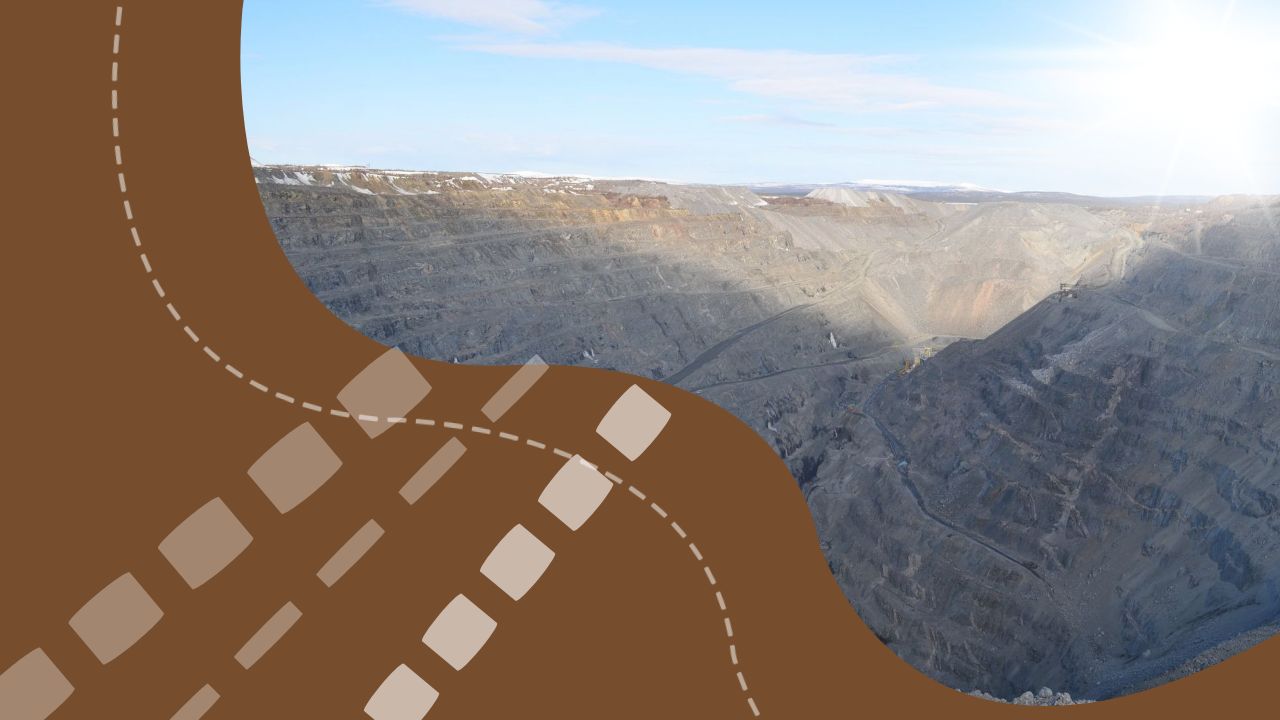n a recent discussion, Ana Brnabić, President of the Serbian Parliament, likened Serbia’s lithium reserves to Norway’s oil wealth, emphasizing the transformative economic potential. President Aleksandar Vučić and Mining Minister Dubravka Đedović Handanović have also supported this view, particularly focusing on the Jadar lithium project by Rio Tinto. This project, which could significantly boost Serbia’s economy, faces strong opposition from environmental groups. Critics argue that Serbia lacks the robust political and regulatory framework that enabled Norway’s successful oil industry.
Norway discovered oil in the 1960s, leading to substantial GDP growth and the creation of a significant welfare state funded by oil revenues. Serbia aims to replicate this model through lithium mining, essential for the booming electric vehicle (EV) market. Rio Tinto projects that the Jadar mine could generate 180 million euros in annual state revenue. However, the environmental impact and public resistance present major challenges. Serbia’s political landscape and regulatory systems are not as well-established as Norway’s, complicating efforts to harness lithium’s potential sustainably.
The Jadar project involves extracting lithium from jadarite, a unique mineral found only in Serbia. The project has the potential to make Serbia a key player in the global lithium market, essential for EV batteries. However, effective management of environmental concerns and community relations is crucial for the project’s success.


